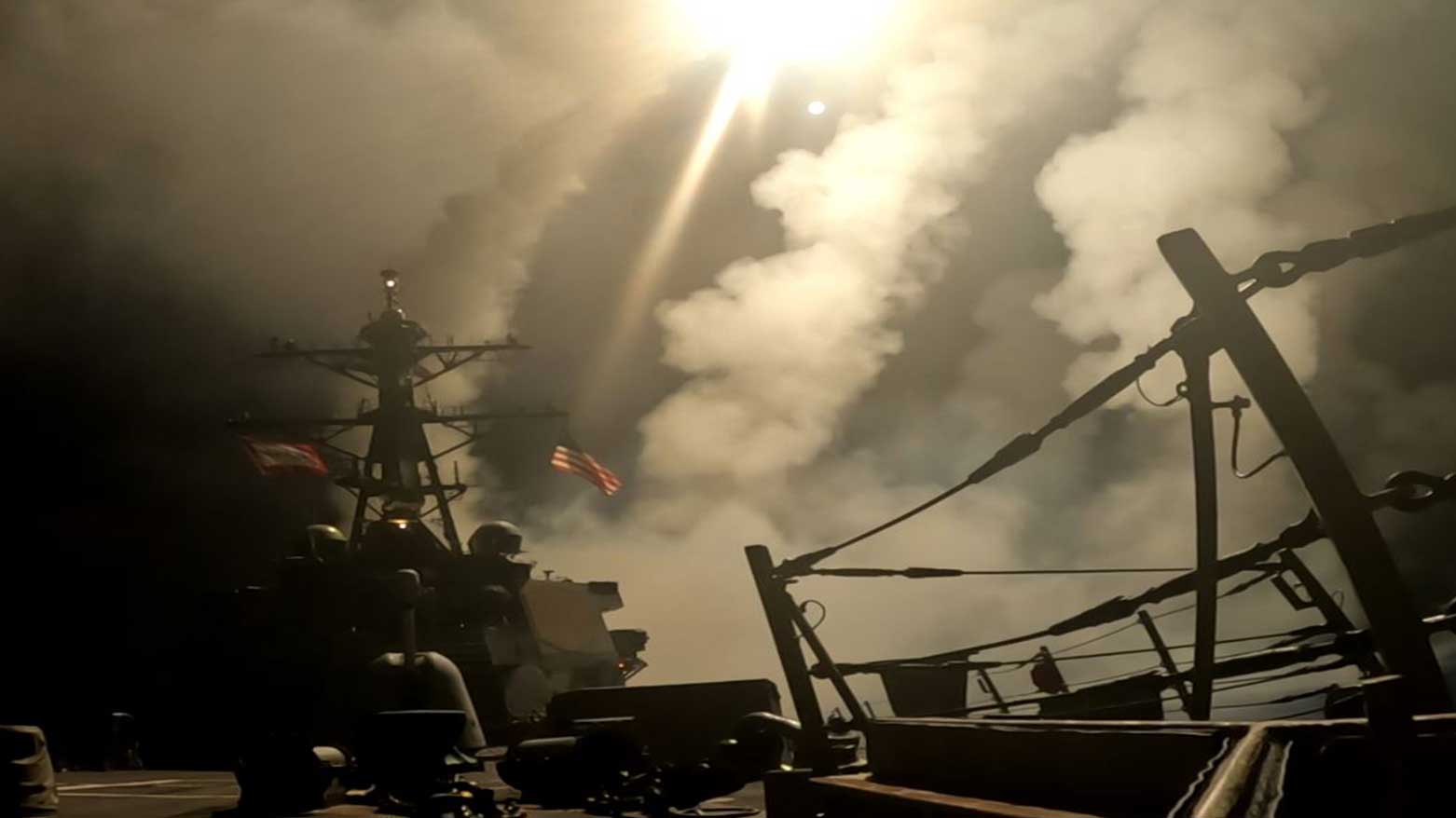Hellfire Over Yemen: U.S. Strikes Kill at Least 31, Wound Over 100 as Trump Warns Iran
Trump: “To all Houthi terrorists, YOUR TIME IS UP, AND YOUR ATTACKS MUST STOP, STARTING TODAY. IF THEY DON’T, HELL WILL RAIN DOWN UPON YOU LIKE NOTHING YOU HAVE EVER SEEN BEFORE!”

ERBIL (Kurdistan24) – The United States launched its first strikes against Yemen’s Houthi militants since President Donald Trump took office, killing at least 31 people and wounding more than 100, the rebels claimed Sunday. The strikes mark a dramatic escalation in Washington’s confrontation with Iran-backed proxies, with Trump vowing to unleash “overwhelming lethal force” if the attacks on Red Sea shipping continue.
The U.S. Central Command (CENTCOM) confirmed the precision strikes, releasing images of targeted fighters and a bomb leveling a building compound. The operation aimed to “defend American interests, deter enemies, and restore freedom of navigation” after months of relentless Houthi assaults on commercial and military vessels in the Red Sea and Gulf of Aden.
CENTCOM operations against Iran-backed Houthis continue... pic.twitter.com/DYvc3gREN8
— U.S. Central Command (@CENTCOM) March 15, 2025
A Threat to Global Trade and Stability
The Iran-aligned Houthis, who have controlled much of Yemen for over a decade, have become a significant regional threat, positioning themselves as a vanguard of Tehran’s so-called “axis of resistance.” Under this banner, the group has launched hundreds of drone and missile attacks on international shipping lanes, claiming solidarity with Palestinians during the Gaza conflict.
Since 2023, Pentagon officials have reported that the Houthis have attacked U.S. warships 174 times and targeted commercial vessels 145 times. The aggression has crippled global trade, disrupting a maritime corridor responsible for 12% of the world’s shipping traffic. The campaign has forced shipping companies to reroute vessels around Africa’s Cape of Good Hope, driving up costs and delaying critical supplies worldwide.
Washington’s patience has worn thin. Trump, known for his uncompromising stance on national security, took to social media with an unequivocal warning:
“To all Houthi terrorists, YOUR TIME IS UP, AND YOUR ATTACKS MUST STOP, STARTING TODAY. IF THEY DON’T, HELL WILL RAIN DOWN UPON YOU LIKE NOTHING YOU HAVE EVER SEEN BEFORE!”
Iran’s Hand and the Growing Proxy War
Despite mounting pressure, Iran remains steadfast in its support for the Houthis, providing arms, intelligence, and financial backing. Iranian Foreign Minister Abbas Araghchi condemned the U.S. strikes, claiming Washington had “no authority” to dictate Tehran’s foreign policy.
Trump, however, dismissed such rhetoric, ordering Iran to “immediately” cut its support. The administration has also reclassified the Houthis as a foreign terrorist organization, making any U.S. interaction with the group illegal.
The Houthis, meanwhile, have vowed revenge. Their political bureau declared on Al-Masirah TV: “Our Yemeni armed forces are fully prepared to confront escalation with escalation.”
Britain’s Silence, Hamas’s Outrage
While the United States has carried out multiple rounds of strikes, some with British support, London has yet to comment on the latest operation. Meanwhile, Hamas—also backed by Iran—denounced the strikes as a “stark violation of international law.”
The timing is critical. After momentarily halting attacks during a brief Gaza ceasefire in January, the Houthis announced their resumption of hostilities, tying them to Israel’s blockade of aid to Palestinian territories. However, Washington has made it clear that the real concern is not Gaza but the Houthis’ sustained aggression against global trade routes and U.S. military assets.
A Test of U.S. Resolve
With tensions rising, all eyes are on Tehran and its regional network of militant groups. Trump’s warning signals a willingness to go beyond surgical strikes if necessary, raising fears of a broader conflict. The U.S. has made it clear: continued Houthi attacks will not go unanswered. Whether Iran chooses to escalate or retreat remains to be seen, but for now, the battlefield is set, and the stakes have never been higher.